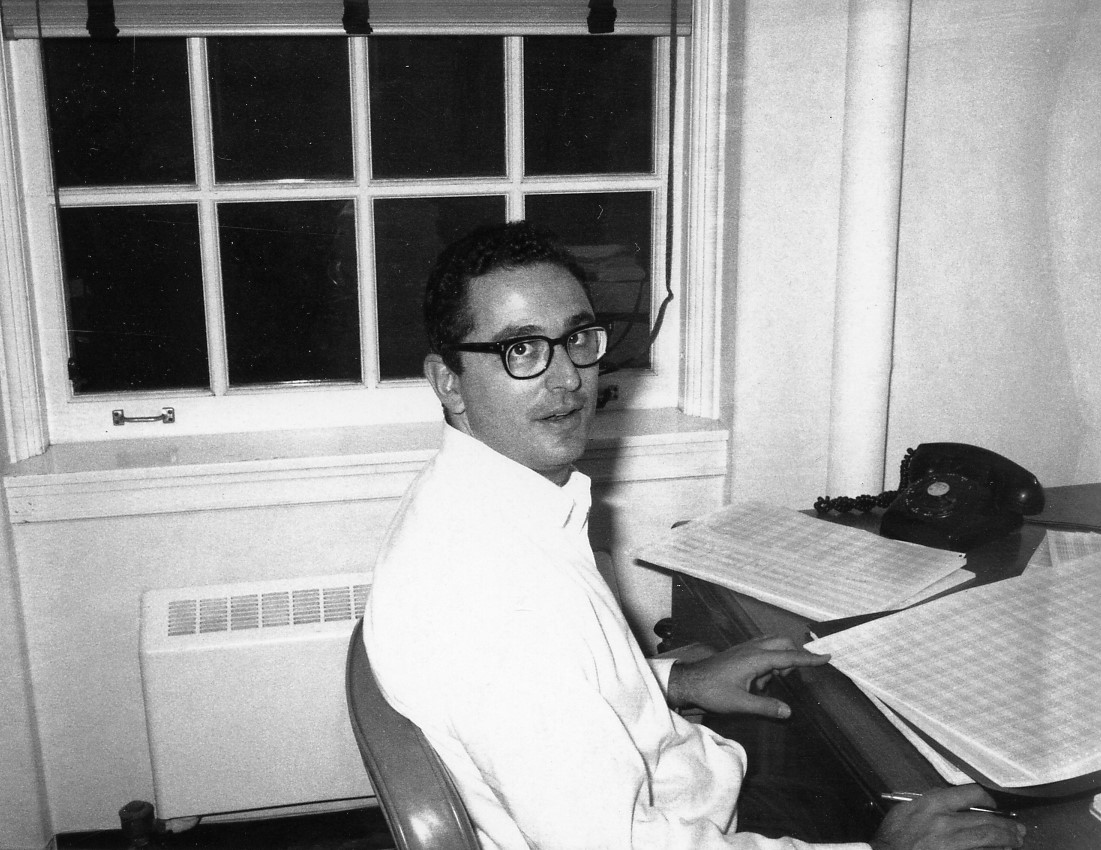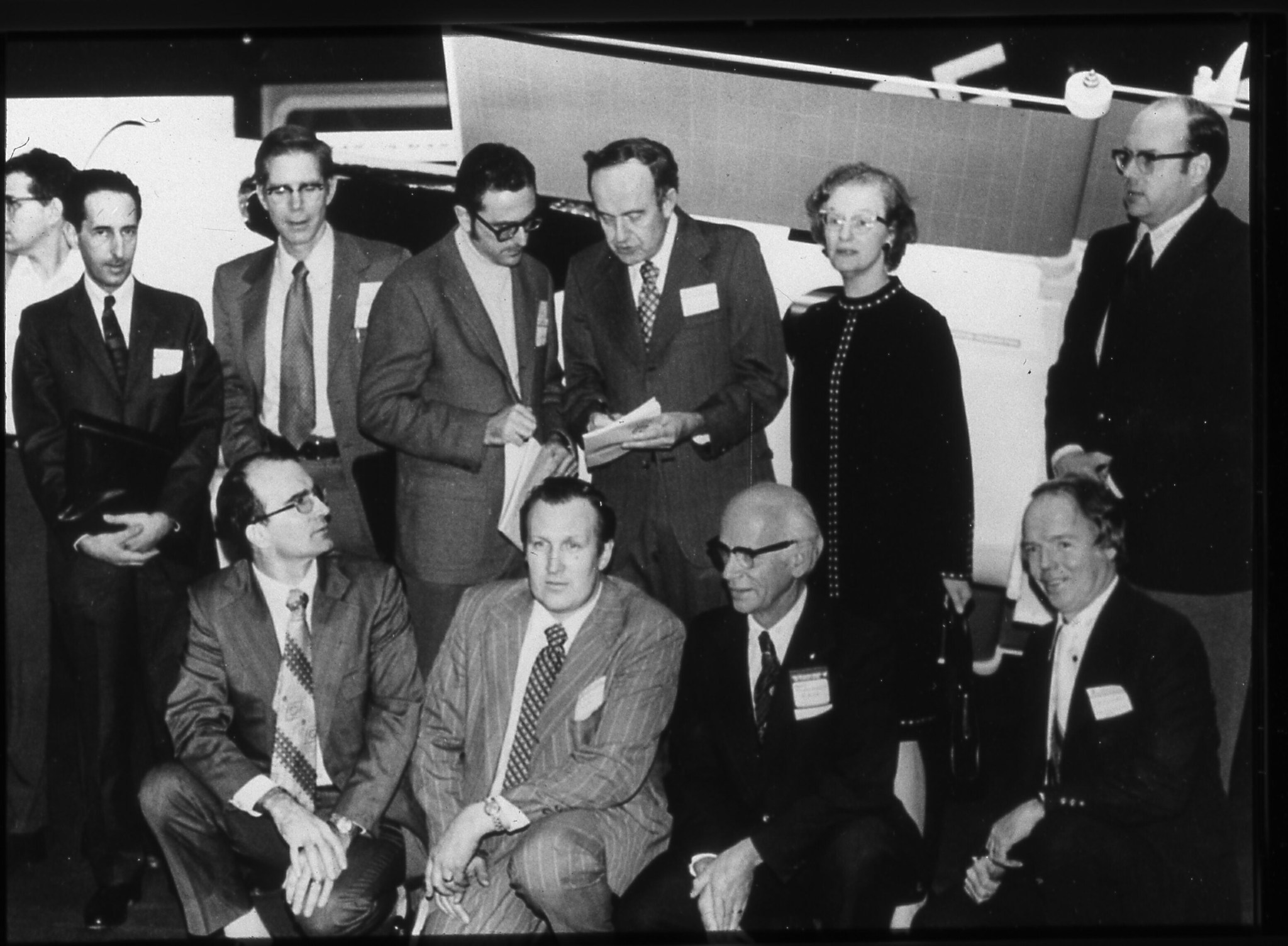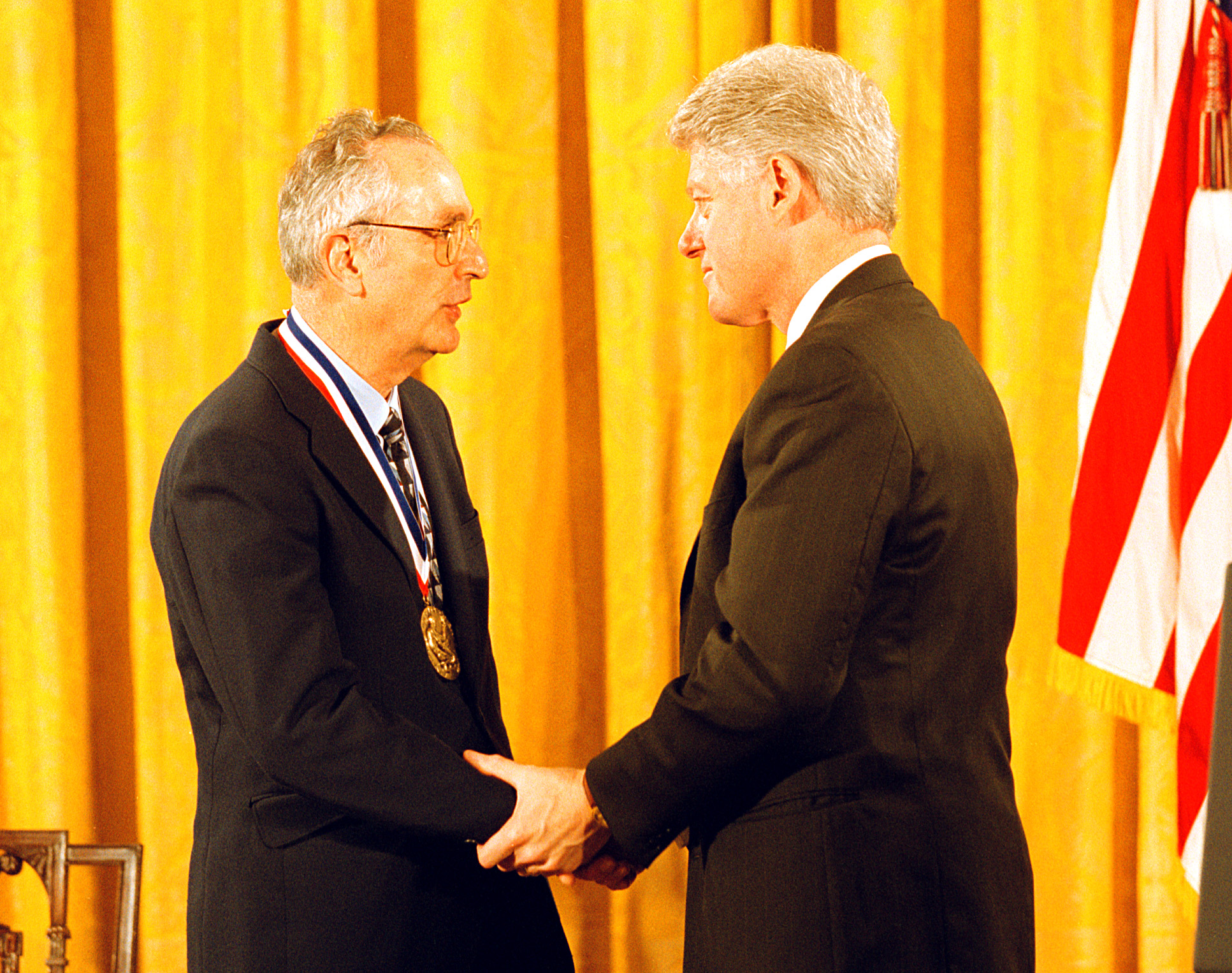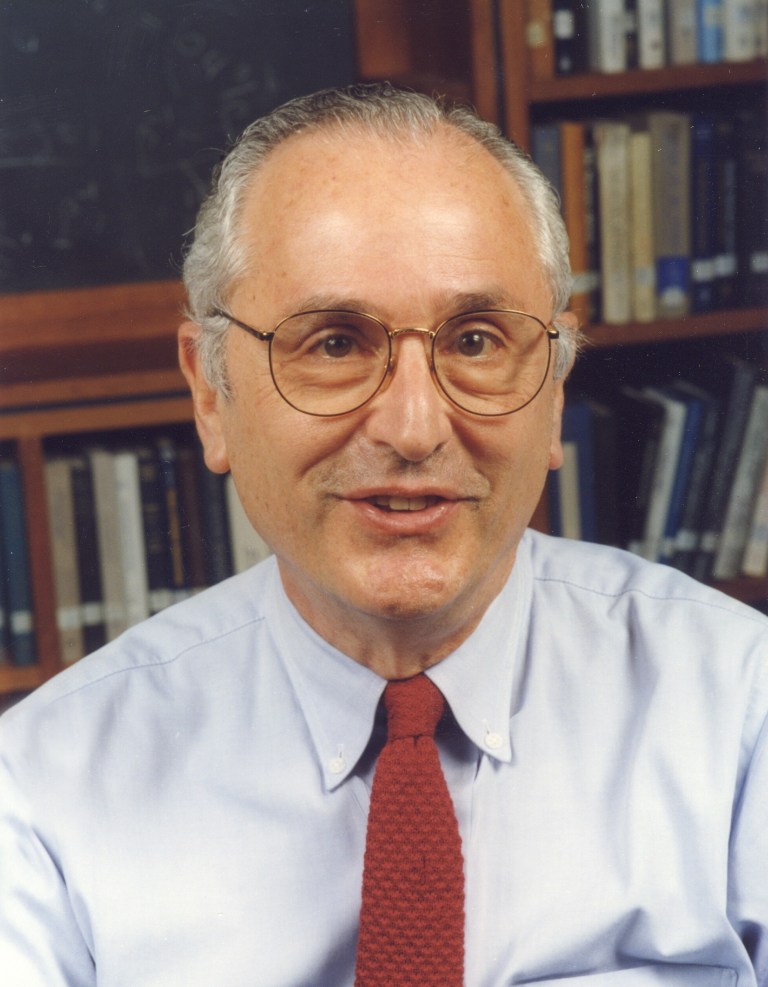
John Bahcall
Astrophysicist
The idea of NASA’s Hubble Space Telescope didn’t receive widespread, immediate support. Though the telescope’s scientific prowess and impact is clear more than three decades into its time in orbit, many originally doubted that it was worth the funding. It was up to scientists to advocate for the creation of what was then known simply as the “Large Space Telescope” project.
As one of the founding fathers of the project, astrophysicist John Bahcall tirelessly pushed lawmakers for funding and support, while simultaneously contributing to the scientific design of the project.
Bahcall’s impact on astrophysics was tremendous, but he actually stumbled into physics by accident. He entered college at Louisiana State University as a philosophy student on a tennis scholarship. He then transferred to the University of California at Berkeley, where he took a physics class as a graduation requirement and called it “the most difficult thing [he] had ever done.”
Not one to shy away from a challenge, he switched majors and graduated with a degree in physics in 1956. He later went on to graduate work in physics at the University of Chicago and Harvard University. “I fell in love with physics,” he said, “and it changed my life.”
Despite his late start in physics, Bahcall had a storied career. He is best known for his study of our Sun’s internal workings – quite literally what makes the Sun shine. Starting in the early 1960s, Bahcall devoted years to the study of solar neutrinos, or the specific type of subatomic particle with no electrical charge that originates from nuclear fusion in the Sun’s core.
In 1968, Bahcall joined the Institute for Advanced Study, a research center in New Jersey, as a member. Three years later, in 1971, he was appointed to the faculty and accepted a role as a visiting lecturer at Princeton University.
“John Bahcall was one of the founding fathers of the Hubble Space Telescope. Without his tireless advocacy for the mission in the 1970’s, Hubble likely would not have come into being. His passion for Hubble science continued unabated for more than three decades.”
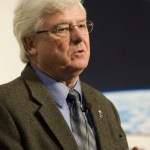
Dave Leckrone
Hubble Senior Project Scientist (1992 to 2009)
The Creation of a Space Telescope
When the Large Space Telescope project was in its first phase, Bachall’s knowledge of astronomy was limited. However, the project was intriguing to Bachall because “it was a program which led to unpredictable breakthroughs, and I found that terribly exciting,” he wrote in a memorandum. He joined the Science Working Group in 1973 and continued to fall in love with the project.
Along with his Princeton colleague Lyman Spitzer, who first proposed a space-based observatory in 1946, Bahcall visited Washington to meet with congressmen and staffers, wrote letters to Capitol Hill, and contacted decision makers and astronomers alike to encourage support for the observatory. Starting in 1974, the pair were the principal astronomer lobbyists for the project.
Bahcall was one of the most articulate and effective advocates for the Large Space Telescope project at a time when political advocacy for public investment in scientific efforts was not as common as it is now. Part of what made Bahcall the perfect person for the job was that he also held a role as an interdisciplinary scientist on the Space Telescope Science Working Group from 1973 to 1992. He had both the scientific background and an unexpected level of political acumen to make him a compelling advocate.
Funding for the Large Space Telescope was left out of the president’s federal budget in 1976, a development that outraged Bahcall and many other astronomers. At this point, the telescope’s prospects were grim – there wasn’t even funding for continued studies. Bahcall was determined to change that.
Bahcall, along with other leaders, spearheaded a massive lobbying campaign. Astronomers placed articles in journals, visited lawmakers, called NASA managers, and contacted anyone who might be able to help. Bahcall and other advocates leveraged the connections the telescope would have with industrial development or particular activities in lawmakers’ districts to garner support.
His dedication to securing the Large Space Telescope’s future paid off. In 1990, the since-named Hubble Space Telescope launched in the Space Shuttle Discovery and began its decades-long scientific mission.
After Hubble’s Launch
Even once Hubble was successfully funded, Bahcall continued to contribute to the success of the mission. One of his more notable science operation improvements was the invention of the snapshot observing mode, which is still in use today. In this mode, the telescope observes objects scattered across the sky to fill gaps between planned observations, maximizing Hubble’s efficiency.
His advocacy job wasn’t over once Hubble was in orbit and already returning meaningful science data. In early 2004, Servicing Mission 4 was canceled in the wake of the Space Shuttle Columbia disaster. Bahcall, in the last year and a half of his life, led a massive effort to reinstate this critical servicing mission.
SM4 was carried out in 2009. That mission, along with continued efforts from the Hubble team, have allowed the telescope to continue producing worthwhile science for the more than three decades since its launch.
A national and international leader in astronomy, Bahcall was recognized on many occasions for his work. Among the most notable awards he received are the 1998 National Medal of Science from then President Bill Clinton, the Gold Medal of the Royal Astronomical Society, Medal of the Swedish Royal Academy, NASA’s Exceptional Scientific Achievement Medal, and NASA’s Distinguished Public Service Medal. He published more than 600 scientific publications on a wide variety of subjects.

























